George Baguma Reflects: 20 Years of Making Medicine in Uganda
Released On October 30, 2025
George Baguma Reflects: 20 Years of Making Medicine in Uganda
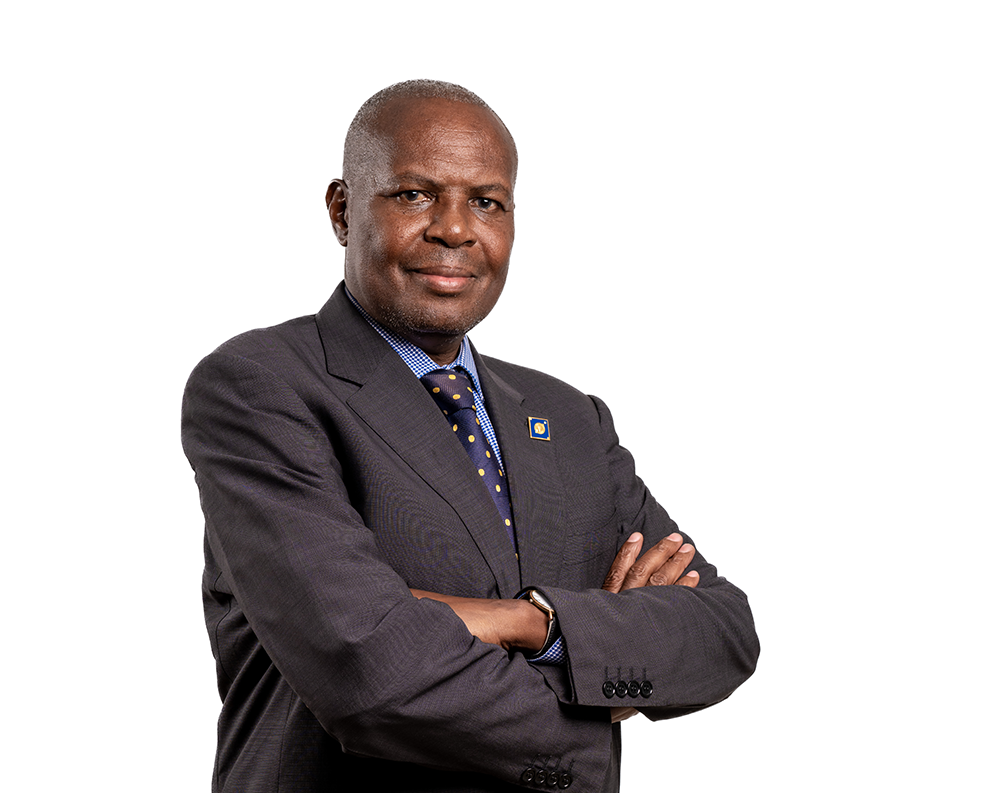

Mr. George Baguma
When the history of Africa’s pharmaceutical independence is written, George Baguma’s name will sit firmly among the pioneers. A founding director of Quality Chemical Industries Limited (Qcil), his journey spans from Uganda’s farmlands to the continent’s first WHO-prequalified pharmaceutical plant. His story is one of vision rooted in service — proof that health innovation can begin in the most unexpected places.
Q: Qcil is celebrating 20 years, but for you, the story goes back much further. How did it all begin?
It started in 1997, when six of us — Emmanuel Katongole, Frederick Mutebi Kitaka, Francis Xavier Kitaka, Edward Martin, Randall Tierney, and myself — came together to start Quality Chemicals Limited. At that time, the Ugandan government was withdrawing from the importation and sale of veterinary medicines. We saw a gap and decided to fill it.
We began by importing veterinary drugs and built a strong extension program that took us directly to farmers. We travelled across the country, introducing quality products, educating livestock farmers, and earning their trust. Eventually, we became part of their daily lives.
Q: But your work soon went beyond livestock and veterinary products.
Yes. We later started a human health department. One of our earliest initiatives was introducing insecticide-treated mosquito nets to Uganda — the KeoNet. At the time, malaria was devastating rural communities, and we wanted to protect the very farmers who were driving Uganda’s agricultural economy.
We realised something powerful: these farmers worked hard to earn an income, but malaria and other preventable diseases drained their savings. So we expanded our focus — helping farmers protect not just their livestock, but themselves and their families.
Q: And that shift exposed you to the human cost of disease.
Absolutely. As we travelled and trained farmers, we began seeing more and more people suffering from HIV/AIDS. Some would come for our sessions visibly ill — skin lesions, severe weight loss, infections like Kaposi’s sarcoma. It was painful to watch.
Our board decided that if we were truly serving our communities, we needed to help with this new challenge. We learned that antiretroviral drugs existed, but they were scarce and extremely expensive. So we reached out to Cipla Limited in India and became their agents in Uganda. That’s how we became the first private company to import and distribute ARVs here.
Q: That must have been a breakthrough moment.
It was. Around that time, the government also started distributing ARVs through its public health programs. Our role was to ensure the supply chain worked — to get the medicines here, to get them into hospitals.
But we also realised that Uganda needed awareness, not just drugs. Many people didn’t understand what HIV was or how treatment worked. So we launched the Fidel Uttra Memorial Lectures, named in honour of a friend we lost to HIV. These lectures brought together scientists, policymakers, and community leaders to discuss HIV management and break stigma.
Still, we knew that importing wasn’t enough. What if other countries stopped exporting? What if the prices rose again? That’s when we began to ask: Why not make these medicines ourselves?
Q: That question changed everything.
Yes, it did. In one of the Fidel Uttra Memorial Lectures, we announced publicly that we would start manufacturing antiretrovirals and antimalarials in Uganda.
The next day, every newspaper and radio station carried the headline: “Uganda to Manufacture ARVs.” Even the BBC ran the story. That moment gave us courage.
But there was a problem — we had no land, no factory, not even an approved plan. Just a vision.
Q: How did you turn that vision into something real?
We identified what we needed: land, power, water, infrastructure, and a guaranteed market. The announcement caught the attention of President Yoweri Kaguta Museveni, who asked, “Who are these people who want to make drugs?”
He invited us to State House and asked what we needed to get started. We told him honestly — land, utilities, and a reliable market. He simply said, “You have them.”
And that’s how it began. The government gave us land in Luzira, which was then a prison potato farm. They built the roads, provided power and water, and signed an offtake-purchase agreement to buy our products once they met the required standards.
With that support and our technology partnership with Cipla, we began building the plant. The President commissioned it in 2005. Within two and a half years, it was complete.
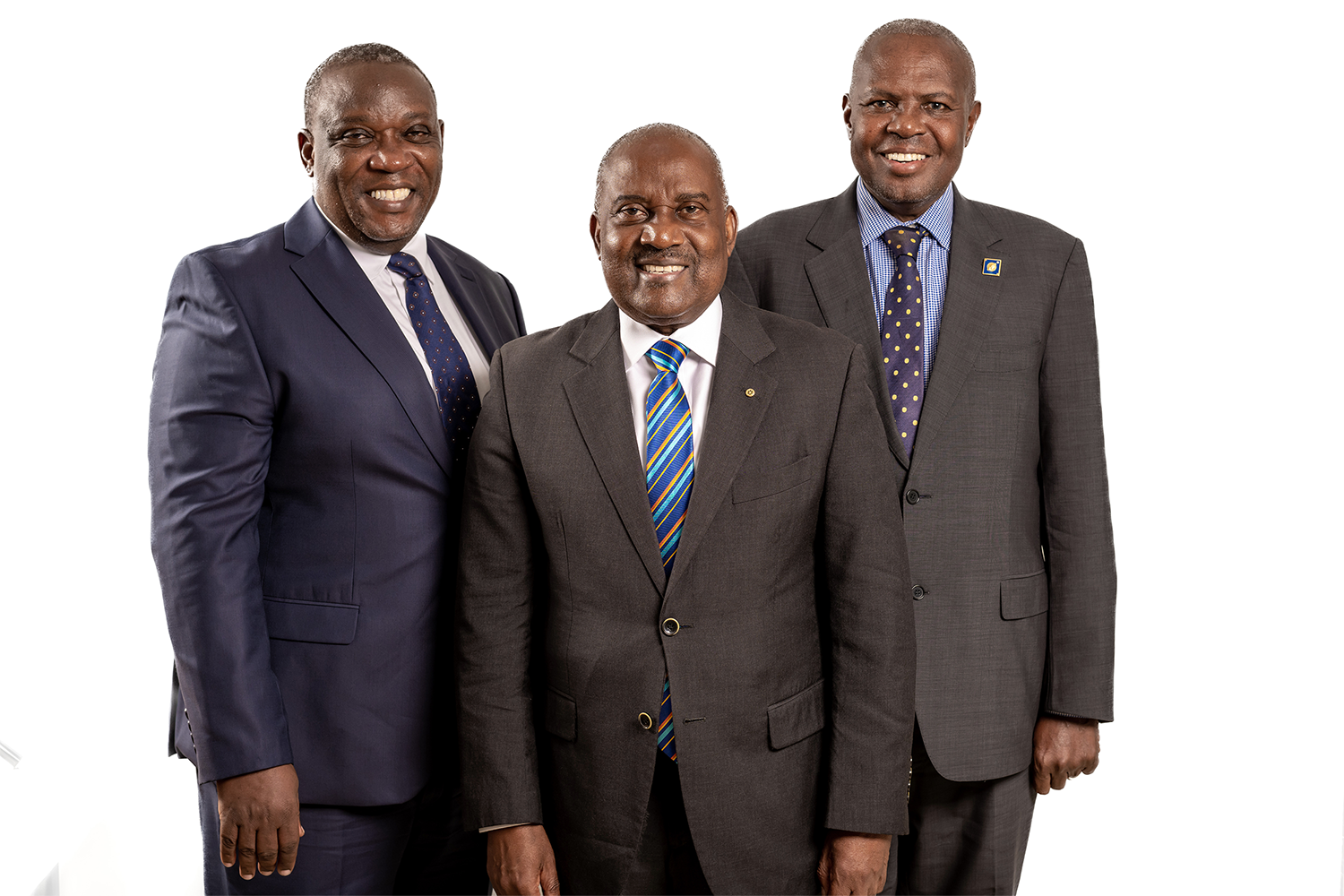

The founding Directors of Qcil Fredrick Kitaka, Emmanuel Katongole & George Baguma
Q: That was an extraordinary achievement for its time.
It really was. From the start, we designed the facility to meet World Health Organization (WHO) standards. After construction, we did trial runs, submitted our products to the National Drug Authority, and passed all inspections.
The WHO team later came for Good Manufacturing Practice (GMP) and Good Laboratory Practice (GLP) inspections — and we passed those too. We became the first pharmaceutical plant in Africa to achieve WHO compliance.
At that time, we were still young men, but we had achieved something historic.
Q: You’ve often spoken about the role of innovation and policy in making Qcil possible.
Yes. We also took advantage of the TRIPS agreement — the trade-related aspects of intellectual property rights — which allowed least-developed countries like Uganda to manufacture patented medicines. That flexibility helped us reduce costs and access the latest drug formulations.
And we didn’t stop there. We built strong relationships with universities and research institutions, training young scientists and solving real-time production challenges locally. Today, Qcil employs over 600 Ugandans, all running this complex facility with precision and pride.
Q: How do you see the next phase of Qcil’s growth?
We are already expanding. The second phase of our plant will produce TB and cancer medicines and will double our current capacity. We’re also developing a drug for sickle cell anaemia, a condition that causes so much suffering across Africa.
Our ambition is to make Qcil a continental hub for pharmaceutical innovation — built by Africans, for Africans.
Q: That’s a powerful vision. But what about moments of challenge — times when people doubted you?
There were many. When we first announced we would make ARVs here, most people didn’t believe us. Even our friends said it was impossible. But we had faith in our team and in our partnership with Cipla.
We also faced huge logistical challenges: managing 50 contractors on site, coordinating equipment imports, training workers — all while staying on schedule. But we learned quickly. Today, I can confidently say we’ll complete our next phase in just 18 months. Experience is a great teacher.


Q: You clearly have a scientific background yourself.
Yes, I do. I graduated from Imperial College London, one of the best in the world, where I studied science, technology, and medicine. My partners also brought diverse skills — one was a financial expert from the UK, another a seasoned pharmacist, another owned a veterinary manufacturing plant in Ireland.
That mix of talent and Cipla’s mentorship gave us the technical foundation we needed. Initially, we had many Indian expatriates training our staff. Today, we train ourselves — and we train over 120 students every year, including interns from Kenya, Namibia, Zambia, and other African countries.
Q: Looking back, what do you consider your biggest contribution?
It’s seeing lives prolonged and suffering reduced. When we began, over 600 people were dying every day from malaria — mostly children under five and pregnant women. Today, those numbers have fallen drastically.
HIV is now a chronic infection, not a death sentence. Cases like Kaposi’s sarcoma, once so common, are almost gone. That, to me, is our greatest achievement.
Q: After all that you’ve seen and built, what keeps you inspired?
Gratitude. I thank the Government of Uganda, our partners like Cipla, and agencies like the National Drug Authority and Global Fund. I thank the media for telling our story. And above all, I thank our people — the Ugandan scientists, engineers, and technicians who run this plant every day.
We started by dreaming of a big veterinary company. Instead, we created something much larger — a continental symbol of self-reliance and hope.
Q: What message would you share with young African entrepreneurs?
Be determined. Be creative. Don’t copy others — innovate. When we started Qcil, we didn’t settle for making basic painkillers. We aimed for World Health Organization standards right from the start. People said it was too ambitious, but that ambition is what earned us global respect.
Start small, but think big. And remember, success is not just about profit — it’s about purpose.
Q: Was there ever a moment that truly moved you — one that reminded you why it all matters?
Yes. One day, we hosted a group of people living with HIV at our plant. As we shared our story, many of them began to cry. Some were tears of joy, others of remembrance — for those who didn’t live to see this day.
In that moment, I realised what we had really built. Not just a factory, but a lifeline.
That was when I knew: this work is about humanity.
Latest Media Releases
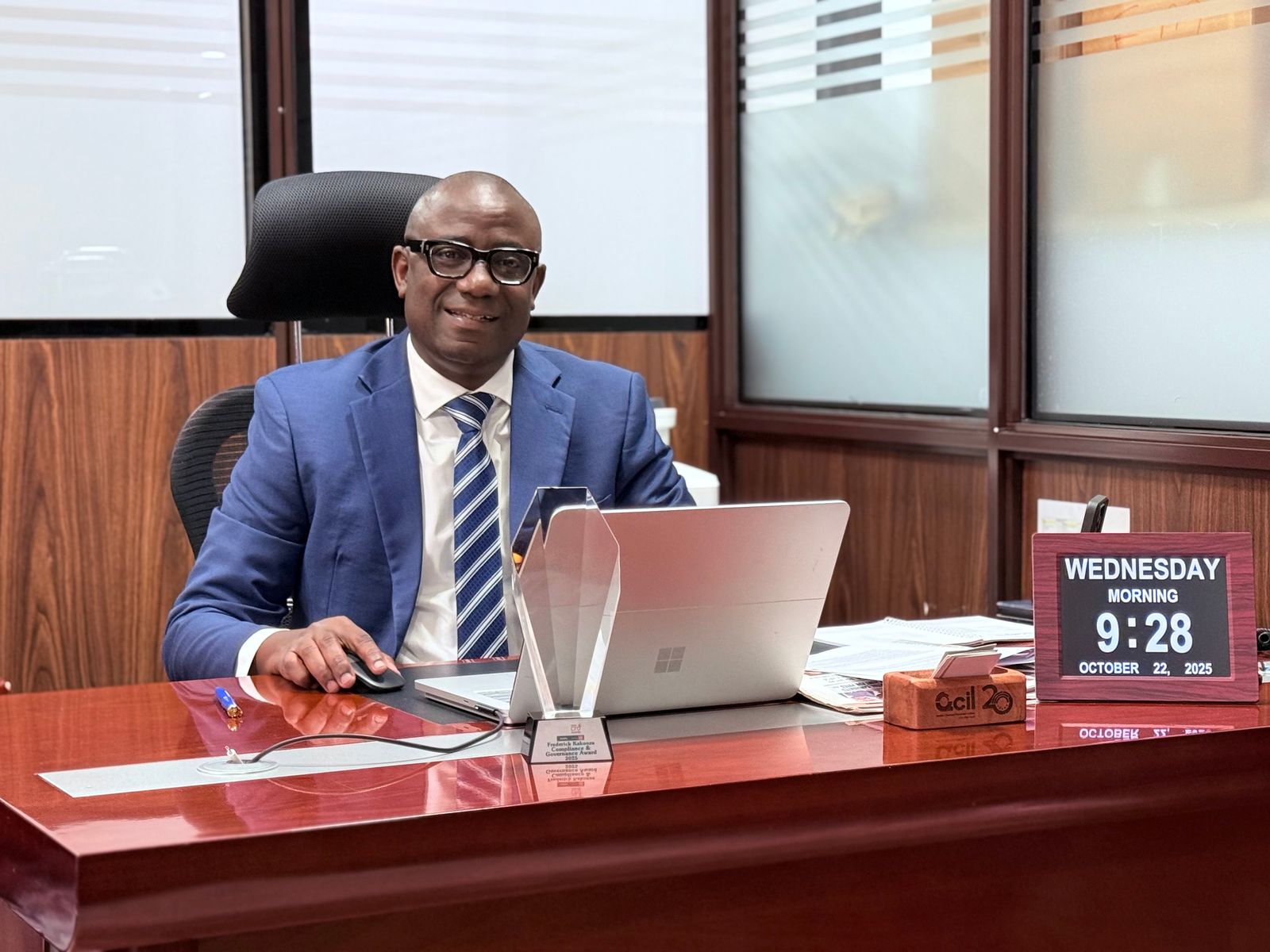
CEO EAST AFRICA: Qcil CFO, Frederick Kakooza on Transforming Finance: Integrity, Governance, and the New CFO Mandate
Qcil CFO, Frederick Kakooza on Transforming Finance: Integrity, Governance, and the New CFO Mandate
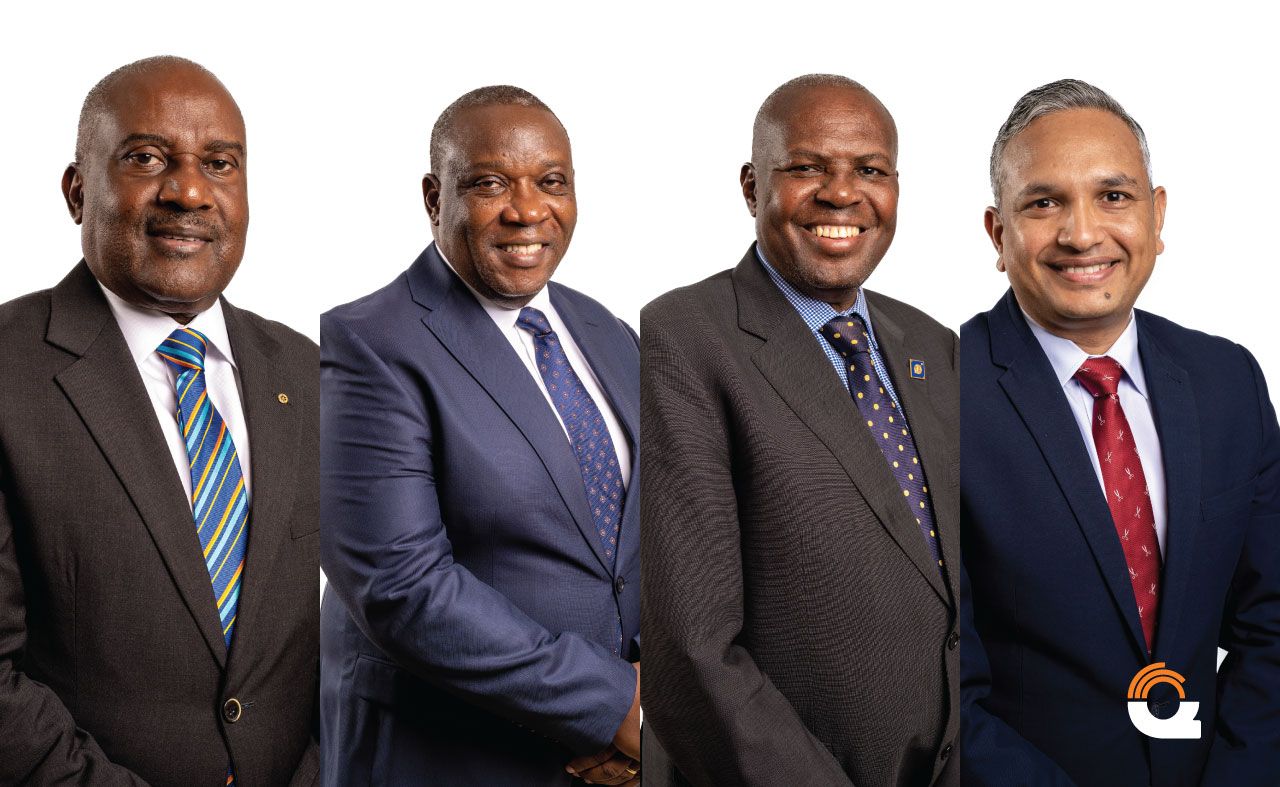
CEO EAST AFRICA: When Luck Meets Preparedness: The Hitherto Behind-the-Scenes Untold Story Of The Founding Of Qcil- One Of Africa's Largest Pharmas
CEO EAST AFRICA: When Luck Meets Preparedness: The Hitherto Behind-the-Scenes Untold Story Of The Founding Of Qcil- One Of Africa's Largest Pharmas
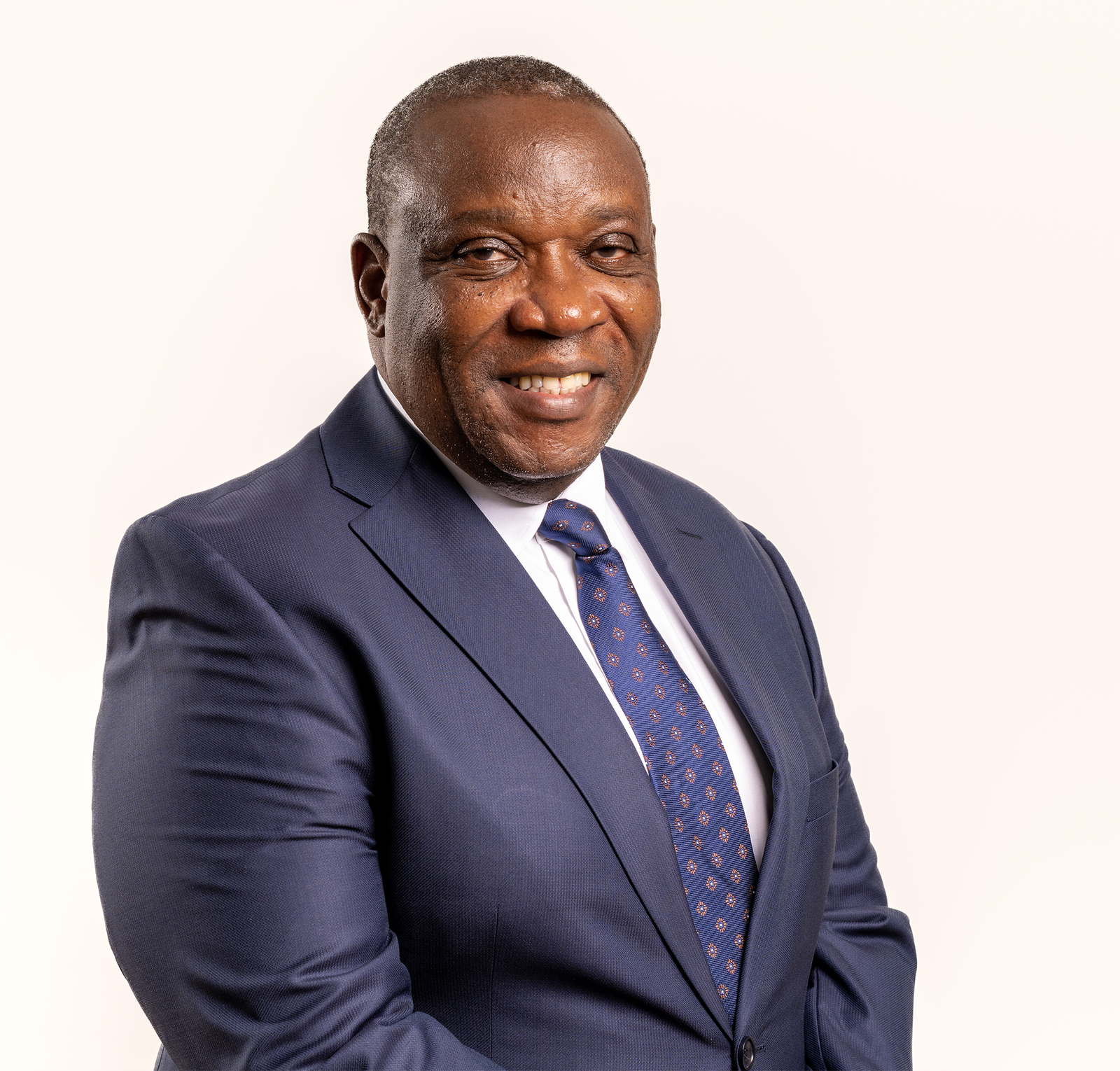
Frederick Mutebi Kitaka: The Mind Behind the Numbers and the Mission
Behind the numbers lies a man who sees business not just as profit and loss, but as a force for human dignity.
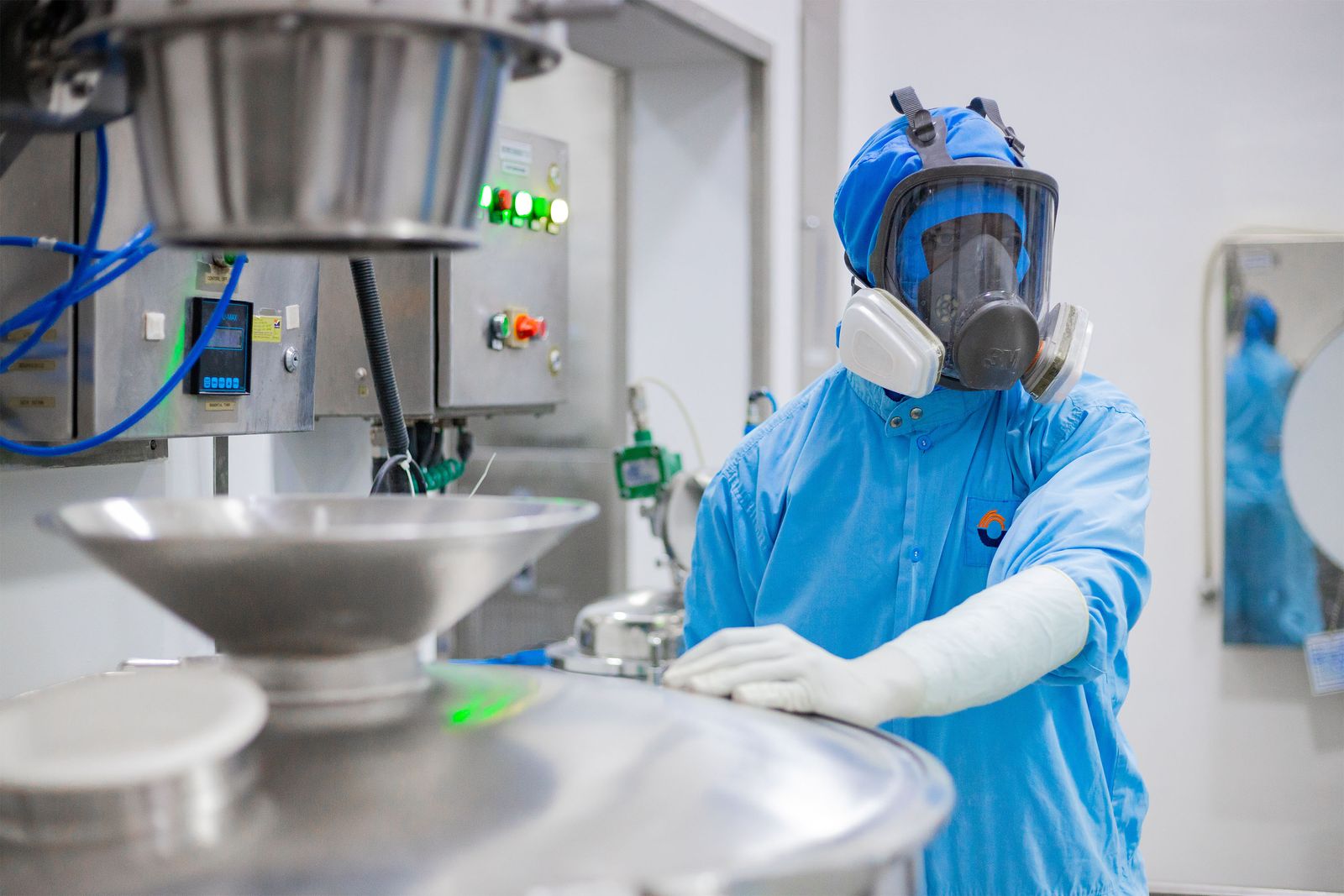
Quality Chemical defies strong shilling, lifts dividend by 20% | Daily Monitor
Despite a firmer shilling cutting reported sales, Quality Chemical reported lifted margins, doubled operating cash flow, and expanded product line, proving resilience and strategic discipline in a tough half year.
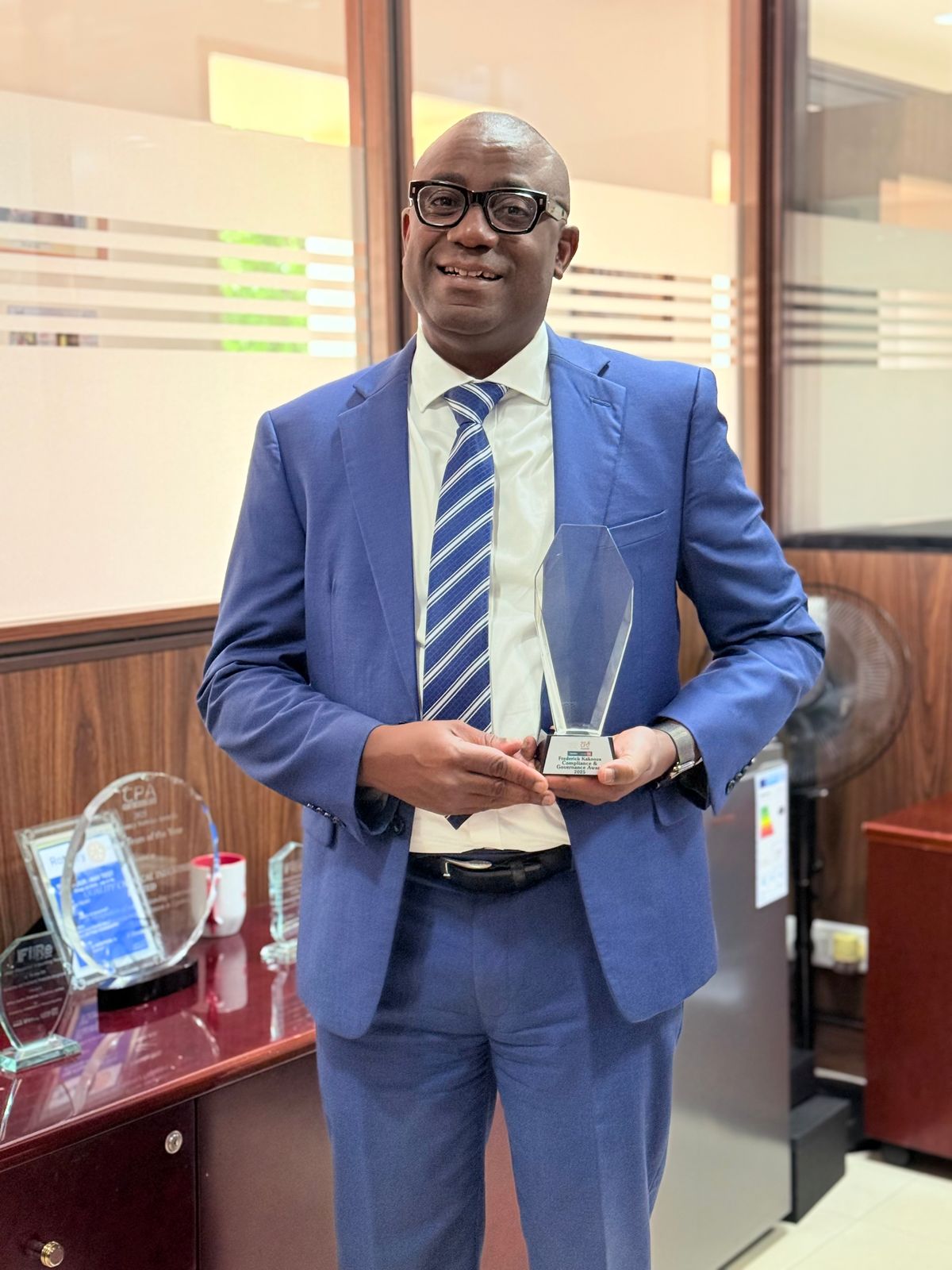
Qcil’s Frederick Kakooza Honoured for Exemplary Financial Leadership and Governance
Qcil’s Frederick Kakooza Honoured for Exemplary Financial Leadership and Governance